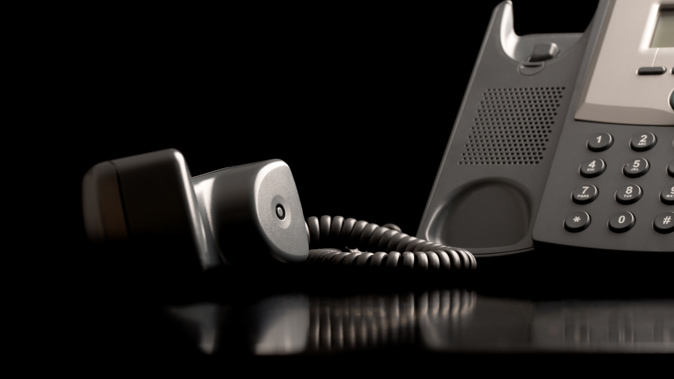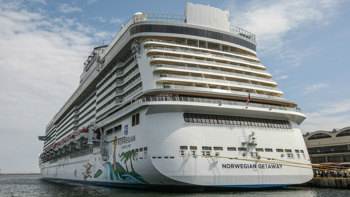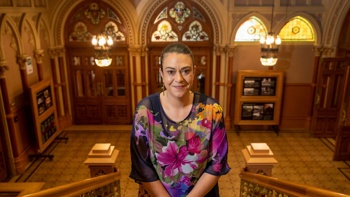
The Waitemata District Health Board is concerned by claims an after-hours mental health crisis line caller was told to wait until the next morning for help.
An Auckland woman called a 24/7 helpline at night and was "devastated" to be told to wait until the next day for help, Stuff reports.
The 23-year-old was told by the Board's after-hours north crisis team unless she could get to the North Shore Hospital's inpatient unit, help was unavailable until the morning.
An operator told the woman the on-call clinician was asleep at the time.
In a statement, the Board said it would be "unacceptable" for their 24/7 helplines to be unstaffed and for members to be asleep for essential services.
"We don't have any evidence of this, and if we did, we would follow-up immediately," it reads.
"The after-hours emergency mental health crisis line is an important service for our community. Every call and every patient is important to us."
The woman told Stuff she was upset by the hospital's response to her but she managed to find someone to keep her company for the night.
"I felt quite helpless. I was angry, I felt like I couldn't personally do anything," she said.
The Board said between 11pm and 8.30am, seven days a week, after-hours calls are directed to a nurse via the North Shore Hospital operator.
"On occasions where the nurse is unavailable, the calls are transferred to the Adult Mental Health Inpatient Unit (He Puna Waiora).
"A clinical nurse is always available 24/7, 365 days of the year," the statement reads.
Lifeline Aotearoa clinical manage Renee Mathews said crisis callers need to be taken seriously and "should not be left alone".
"It must be recognised that people calling helplines at crisis point are often making one last heroic effort to seek help.
"We see these crisis calls as an opportunity to intervene and support the person to share what's happening for them, and find a way of getting through.
"For us this means staying on the phone with the person until they are less distressed and have made a plan with us to keep themselves safe," Mathews said.
Take your Radio, Podcasts and Music with you









